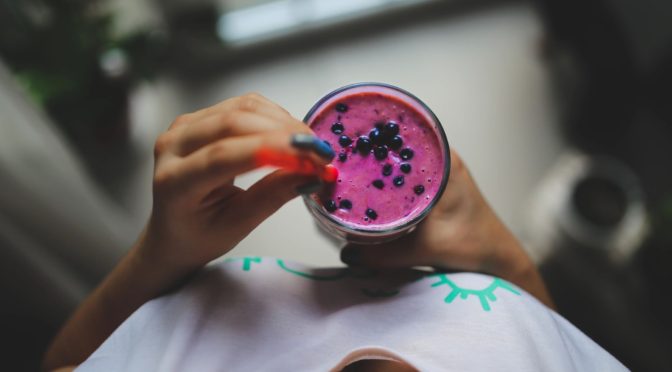
The truth about protein shakes
As a lifestyle medic, my main pillars of health include diet and exercise. Increasingly, these two giants are being married together, to promote optimum health. It is not uncommon to go to your HIIT class and be actively encouraged by your muscle-bound instructor to take in enough protein, and at the end of the class be gently ushered towards the in-house café to buy a protein powder- laden shake. But what are the truths behind this proclaimed powdered nectar? The amino acids that form protein are an important aspect of our diet, necessary for the building blocks of tissue and muscle growth. Our bodies are able to make many of the amino acids ourselves, but there are some that only can be sourced through diet, and these are called essential amino acids. Often we think of meat as a primary source of protein, but increasingly people are finding the abundance of protein in plant based foods too, though interestingly not all plant based proteins contain all 9 essential amino acids. The main vegan sources of the complete set of essential amino acids are found in quinoa, soy and buckwheat. The Department of Health (DoH) recommends a daily intake of 55.5g protein for men and 45g for women. As we all come in different shapes and sizes it may be easier to suggest you should be eating 0.75g of protein for every kilogram you weigh. The British Nutrition Foundation (BNF), suggest that if you are an endurance athlete, this recommendation does go up to between 1.2 and 1.4g per kg of body weight daily, while those competing in strength and speed events need between 1.2 and 1.7g per kg of body weight. The DoH also advises adults should avoid consumption of more than twice the recommended daily intake of protein. It can be difficult to determine how much protein you are eating, but there are apps you can use that measure the daily macronutrients, but as an example, a chicken breast will contain around 40g of protein, cod 30g, tofu 15g and egg 6g. A protein shake, which is usually made up usually from whey protein, a by-product of cheese production, can have around 35g per serving. We do know that increasing your amino acid intake after exercise does indeed increase your rate of
making protein and in turn increases the rate of forming lean tissue. But most people exceed the recommended daily protein intake by around 45-55% without supplementation anyway, so this excessive post-exercise supplementation is not often required. Indeed most athletes can achieve the appropriate amount of post-workout protein by simply drinking a glass of milk within 60 minutes of finishing. So the question is whether there can be too much of a good thing, and what happens to all the excess dietary protein? We know that extra protein is not used efficiently by the body and the protein that is not utilised by the body is converted to sugar or stored as fat, and the surplus amino acids unfortunately can’t be stored and so are excreted in the urine. Eating a high protein diet therefore may impose a burden on the kidney and liver which have to filter these waste products, and in people who may already have chronic diseases of these organs, it may even cause damage to the functioning of the organs. Thought must also be turned to those who are consuming a high protein diet for weight loss. Consideration should be made for the saturated fat content in a lot of the high protein foods such as red meat, which can lead to cardiovascular disease. For those who opt for a protein shake rather than a steak, it is worth remembering that the extra 300 calories from the protein shake you drink post-workout is still adding to your daily calorific intake, and will need to be “worked off” to avoid weight gain. There will then be those who are replacing meals entirely with high protein shakes to avoid this added calorific content, but again this is not recommended as these processed shakes are fairly nutrient deficient. It is important not to completely neglect other food groups and the nutrients that they contain. People often neglect the importance of carbohydrates in our diet. The NHS “eat well” plate suggests that one third of our diet should be made up of carbohydrates. Whilst it is important to reduce the processed carbohydrates from our diets, consuming whole grains, fruit and vegetables is imperative to ensure we are getting enough fibre, vitamins and minerals for bowel health, and reducing the risks of conditions like diabetes, cardiovascular disease and cancers. Essentially, if you’re healthy and eat a balanced diet, you are unlikely to need protein supplements. If you have a diet low in protein or have a very large muscle mass (body builder) you may benefit from supplements, but you can just as easily increase your amount of dietary protein and achieve the same results.


